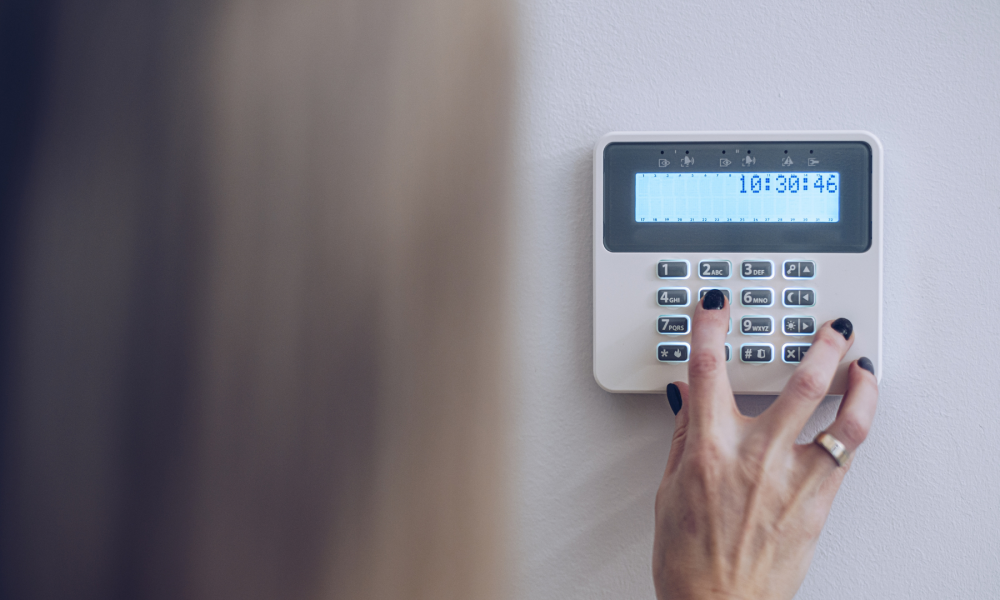Home break-ins increase dramatically during the holiday season. Thieves expect people to be shopping
for new toys and electronics and stashing them in the house.
Not only that, but cyber criminals also up their game during December, increasing your risk of identity or
credit card theft.
While you might be planning your next big score on a great sale, burglars are looking for ways to break
in while you are away and distracted from the home. Similarly, online thieves are out in full force ready to capitalize on the millions of online shoppers who are submitting their private credit card information. Whether you do your shopping online or in the stores, it’s important to remember these basic safety tips to protect yourself against holiday season theft.
Protect your home while out
Lock everything — Many burglars get into homes just because a door or window was left open or
unlocked.
Secure valuables — Never leave anything of value out in plain sight. Consider placing any jewelry, extra
cash or other valuables in a safe deposit box or even a secure hidden safe within the house. Remember
one of the first places burglars look is the master bedroom.
Leave the light on — The more it looks like someone is home, the less likely that someone will try break
into your home. If you’re going to be gone for more than a day, buy a timer for your lights so they come
on at various times during the evening and turn off in the morning.
Activate your alarm system — Don’t forget to arm your security system — this simple step will go a long
way to protecting your home.
Online shopping tips
About 7% of all American adults have had their personal identities stolen or otherwise misused. Here are some tips to avoid that happening to you:
- Invest in identity protection software. There are many identity theft protection services available that range in their coverage of protection of your personal information.
- Install anti-malware software on your PC.
- Use a credit card instead of a debit card. You can often dispute charges you didn’t make on a credit card and you won’t be liable for them. But if someone gets your debit card information, they can drain your bank account.
- Before you purchase anything from a website, verify that the vendor has encrypted its payment form, such a secure socket layer (or SSL, as it’s known).



